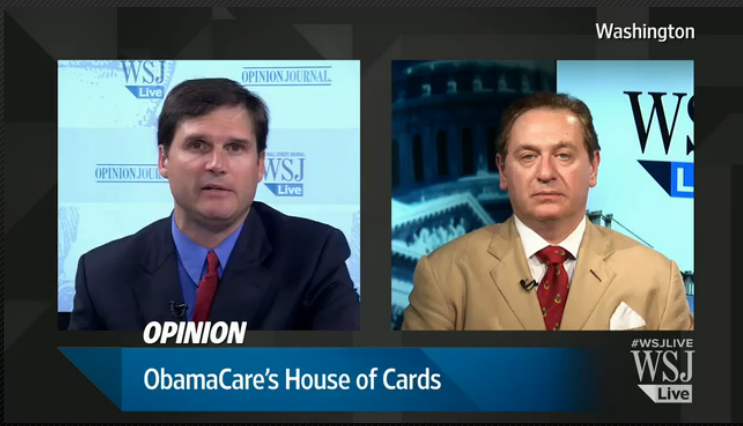By DAVID B. RIVKIN JR. And ELIZABETH PRICE FOLEY
Dec. 28, 2014 6:52 p.m. ET
The attorneys general of Nebraska and Oklahoma have asked the Supreme Court to declare unconstitutional Colorado’s law legalizing marijuana. The lawsuit states that, “The Constitution and the federal anti-drug laws do not permit the development of a patchwork of state and local pro-drug policies and licensed-distribution schemes throughout the country which conflict with federal laws.”
Many conservatives have criticized Nebraska and Oklahoma for being “fair-weather federalists” because their claims hinge, in part, on Gonzales v. Raich, a 2005 Supreme Court decision, upholding the broad reach of Congress’s power to regulate commerce.
Conservatives’ ire instead should be directed at the Obama administration’s decision to suspend enforcement of the federal law prohibiting marijuana—a decision so warping the rule of law that the complaining states’ reliance on Raich is justified and necessary.
In 1970 Congress passed the Controlled Substances Act, or CSA, listing marijuana as a Schedule I drug, and thus illegal to manufacture, distribute or possess. Nonetheless, in August 2013 the Obama administration employed its now-signature response to disfavored laws, issuing a memo directing U.S. law enforcement to refrain from using “limited investigative and prosecutorial resources” to pursue marijuana-related violations of the CSA in states that chose to regulate marijuana businesses. The new law-by-memo told states they are free to ignore the federal ban. Read more »

